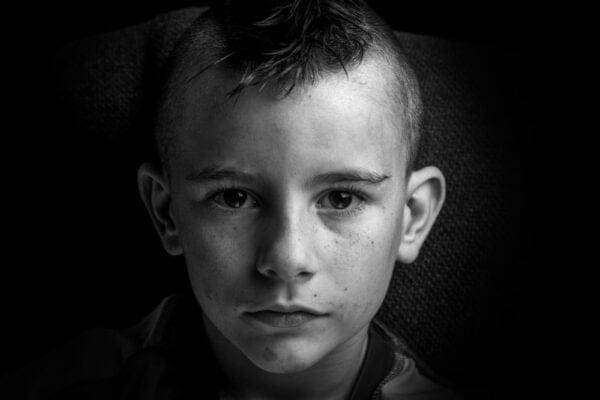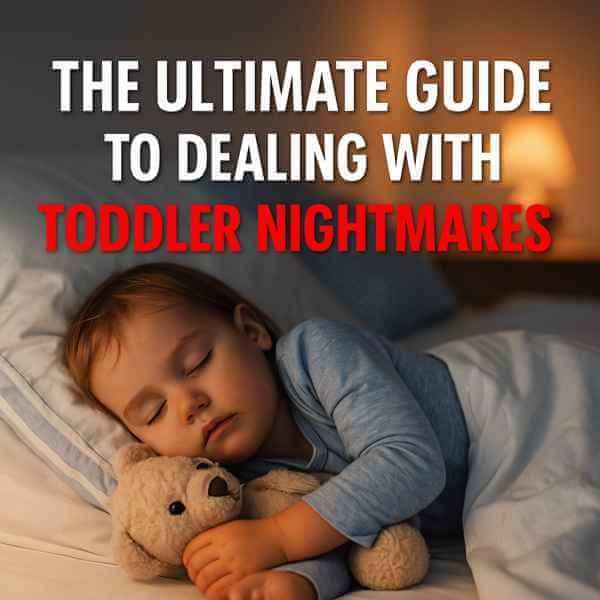10 Free-Range Parenting Facts
Let’s look at 10 free-range parenting facts today. For a while now, people who give advice on raising kids have been talking a lot about “free-range parenting.” It’s a philosophy that encourages children to be independent, make their own decisions, and learn from the natural consequences of their actions. This approach to parenting is both celebrated and criticized, which makes it a topic worth exploring.
In this article, we’ll delve into 10 facts about free-range parenting that will provide you with a comprehensive understanding of what it entails and its potential impact on children and society.

1. Definition and Origins of Free-Range Parenting
![]()
Free-range parenting is a concept that gained prominence with the publication of Lenore Skenazy’s column in the New York Sun in 2008, where she described letting her 9-year-old son ride the subway alone. She later wrote a book called “Free-Range Kids” which laid the foundation for the movement. The term ‘free-range’ is borrowed from farming practices where animals roam freely rather than being confined. The idea is to apply a similar approach to parenting – one that allows children the freedom to explore and develop without excessive parental oversight.
2. Core Principles of Free-Range Parenting
![]()
Free-range parenting is built on a set of core principles that advocate for the development of self-reliance and personal growth in children. These principles include encouraging children to play outside, walk to school by themselves, perform age-appropriate tasks independently, and handle minor risks without parental intervention. The goal is to foster a sense of independence and confidence in children from an early age.
3. Legal Implications and Legislation
![]()
In some cases, free-range parenting has clashed with laws and societal norms that are designed to protect children’s safety. However, in response to these challenges and the growing interest in the free-range parenting philosophy, some regions have enacted laws to protect parents’ rights. For example, the state of Utah passed a law in 2018 that was dubbed the “free-range parenting” law, which redefined neglect to exclude certain autonomous activities by children, provided they are of sufficient age and maturity to avoid harm.
4. Safety Concerns and Misconceptions
![]()
One of the biggest criticisms of free-range parenting is the perceived risk to children’s safety. Critics argue that the world is too dangerous for children to navigate alone. However, free-range parenting advocates suggest that the perceived dangers are often overstated and that children are actually safer today than in previous decades. They point to statistics showing declines in child abduction and other serious crimes against children.
5. Psychological Benefits for Children
![]()
Studies have shown that free-range parenting can have several psychological benefits for children, including increased resilience, better problem-solving skills, and higher self-esteem. When children are given the freedom to explore and learn from their experiences, they often develop a stronger sense of self and a more realistic understanding of their abilities and limitations.
6. Impact on Parent-Child Relationships
![]()
Free-range parenting can also affect parent-child relationships. By trusting their children with more freedom, parents may foster a more respectful and cooperative dynamic. Children, in turn, may feel more trusted and understood, which can strengthen the bond between them and their parents.
7. Social and Community Responses
![]()
The reaction to free-range parenting can vary greatly from one community to another. In some neighborhoods, allowing children to roam freely is common and accepted, while in others, it may lead to social scrutiny and even intervention by child protective services. The social context and prevailing attitudes towards child-rearing in a community play a significant role in how free-range parenting is perceived and practiced.
8. Comparison with Other Parenting Styles
![]()
Free-range parenting is often contrasted with “helicopter parenting,” a style characterized by close monitoring and intervention in all aspects of a child’s life. While helicopter parenting focuses on protecting children from harm and ensuring their success, free-range parenting emphasizes natural growth and learning through experience.
9. Balancing Freedom with Guidance
![]()
While free-range parenting advocates for child independence, it does not mean that parents abdicate their roles entirely. Free-range parents are still involved in their children’s lives, setting boundaries and offering guidance. The key is in finding the right balance between giving children freedom and ensuring their safety and well-being.
10. The Growing Movement of Free-Range Parenting
![]()
Despite the controversies, the free-range parenting movement continues to grow. More parents are seeking ways to unburden their children from the pressures of over-scheduled lives and to encourage them to engage with the world more independently. This movement is not just about parenting practices but also about questioning and potentially changing societal norms regarding child safety and autonomy.
Frequently Asked Questions
![]()
What is free-range parenting?
Free-range parenting is a style of child-rearing that encourages children to be independent and self-reliant by giving them greater freedom and less supervision, compared to more protective or helicopter parenting styles.
How does free-range parenting differ from traditional parenting?
Free-range parenting differs from traditional parenting in that it allows children more freedom to explore, play, and make decisions on their own. Traditional parenting may involve closer supervision and more structured activities.
At what age can you start free-range parenting?
There’s no specific age to start free-range parenting; it depends on the child’s maturity and the parents’ comfort level. However, many free-range parents begin gradually increasing independence around ages 6-8, with small, safe steps like playing outside unsupervised.
Is free-range parenting legal?
Free-range parenting is legal, but it’s important to be aware of local laws and ordinances regarding child supervision, neglect, and safety to ensure that you’re not inadvertently breaking any laws.
What are the benefits of free-range parenting?
Benefits include fostering independence, problem-solving skills, confidence, and resilience in children. Kids learn to handle situations on their own and are often more physically active and creative.
Are there risks associated with free-range parenting?
The main risks are related to safety concerns, such as the possibility of children getting lost, injured, or encountering strangers. It’s important to teach children about safety and assess the risks in your own community.
How do I know if my child is ready for more freedom?
Assess your child’s readiness by considering their maturity, sense of responsibility, knowledge of safety rules, and how they’ve handled smaller responsibilities in the past. Communication is key; discuss scenarios and expectations with your child.
How can I practice free-range parenting in a city?
Even in a city, you can practice free-range parenting by finding safe, bounded environments for your child to explore, teaching them about urban safety, and gradually increasing the distance they can travel alone as they demonstrate responsibility.
What if my child makes a mistake or poor decision?
Mistakes and poor decisions are part of the learning process. Use these as teaching moments to discuss what happened and how to make better choices in the future.
How do I deal with criticism from others about free-range parenting?
When facing criticism, explain that free-range parenting is a deliberate choice to foster independence and resilience in your child. Be prepared to discuss the benefits and your strategies for keeping your child safe. Respect others’ parenting choices as well.
Conclusion: Free-range Parenting Facts
![]()
Free-range parenting is not a one-size-fits-all approach, but rather a philosophy that encourages individual growth and independence in children. It’s about trusting in the capabilities of our children and our communities to raise confident, competent, and resilient individuals. Whether or not free-range parenting is the right choice for a particular family depends on many factors, including the child’s personality, the parents’ comfort level, and the community’s culture. What is clear, however, is that the conversation around free-range parenting is prompting a reevaluation of how we think about childhood freedom, responsibility, and the role of parents in shaping independent adults. As with any parenting style, the key lies in finding the balance that works best for each child and family, while ensuring the safety and well-being of our children remain a top priority.





